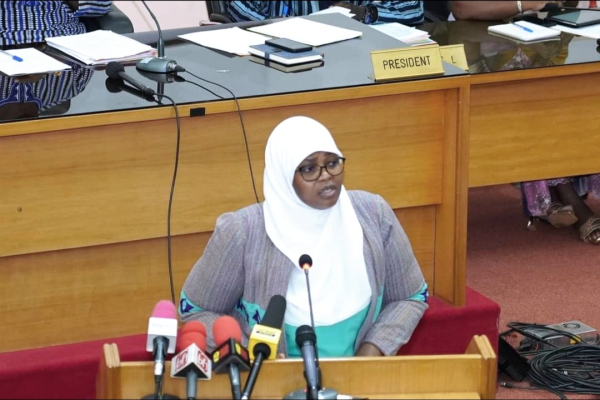The Burkina Faso government is stepping up its efforts to improve cybersecurity. They're launching several initiatives to make their digital infrastructure more resilient and protect sensitive data from cyberattacks.
urkina Faso's Transitional Legislative Assembly (ALT) unanimously adopted the Information Systems Security Act on Tuesday, July 9. This new law establishes a legal framework to protect information systems, aiming to reduce vulnerabilities for public administrations and economic development units.
According to the Minister of Digital Transition, Posts, and Electronic Communications, Aminata Zerbo/Sabane (photo), the law is particularly important in the ongoing digitization process in the country. “We are firmly committed to dematerializing administrative acts and procedures to modernize, enhance productivity, transparency, and accessibility for all users. Further initiatives are underway to make digital technology a lever for our socio-economic development,” she stated.
This move reflects the government's focus on strengthening national cybersecurity amidst rapid digital transformation. The country is experiencing a surge in electronic communication services and cyberattacks, further amplified by the ongoing security crisis.
The law strengthens the National Agency for Information Systems Security (ANSSI), established in 2013 to address cyber vulnerabilities. It will not only support ANSSI's operations but also ensure its effective collaboration with other technical actors within the digital ecosystem.
The adoption of this Act marks a significant step for Burkina Faso in securing its digital infrastructure. By enhancing the country's cyber resilience, the law aims to build a safe and reliable digital environment for both citizens and economic actors.
Samira Njoya



















